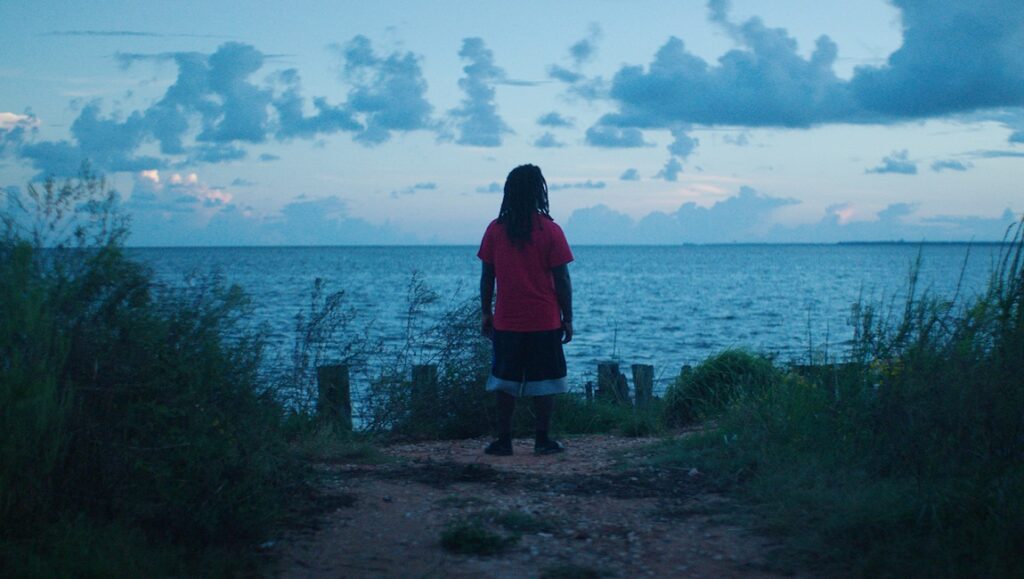Descendant is a piercing work of ethnography that takes on America’s original sin with intelligence and nuance.
Reclaiming history has, historically, been an arduous process, and all the more so when such history isn’t even under the sole purview of the past. Slavery, America’s original sin, remains rooted in the popular imagination as an injustice whose reverberations continue to affect the concrete existence of the nation’s Black population. Its segregation, discrimination, and delineation of labor two hundred years prior have, so the argument goes, inscribed socio-economic inequality into the very heart of the system such that the nominal freedom and civil liberties enjoyed by all today can’t quite conceal the racial contours of exploitation that persist in industry and ideology. The relative genealogical closeness between slaveowners and their descendants further situates race within an uncomfortably intimate discussion whose focal points include white guilt, reparations, and the question of personal agency: can we sidestep notions of ethical responsibility through a purely legal framework? And what happens when you come face to face with someone whose ancestors owned and sold yours?
Descendant, Margaret Brown’s piercing new documentary, does not posit any quick fix to these questions; in fact, it errs on the side of a cautious and tempered optimism which suggests that some rifts are destined to be forever unbridgeable. Centered around the community of Africatown, Alabama, the film quickly assumes anthropological and archaeological dimensions as it embarks, first, on an ethnographic survey of the town’s present-day inhabitants before documenting the real-time search for America’s last slave ship, the schooner Clotilda. The Clotilda, long a relic of urban myth, had in 1860 transported 110 African men, women, and children across the Atlantic during a time when the slave trade had officially been criminalized and made punishable by death. Its captain, one William Foster, worked jointly with the landowner Timothy Meaher to import, sell, and utilize these slaves; upon the abolishment of slavery in 1865, the Clotilda’s survivors were freed but not compensated, endowed with the liberty — but not the circumstances — to industrialize and partake as equals in capitalist enterprise. One of them, Cudjo Lewis, founded Africatown on the northern edge of Alabama’s Mobile city, and the eponymous descendants of Descendant are, more or less, his.
Much of Descendant charts the coordinated search for the Clotilda by local and national organizations just as Lewis’ own grapple with their identity in a nation that continues, whether outright or implicitly, to marginalize their presence in a home that was never truly theirs. Surrounding Africatown and encroaching into its spaces are the smog and chimneys of paper plants, some of them owned by the Meaher family to this day. They have polluted the air and precipitated a higher incidence of cancer among Africatown’s inhabitants, but the latter have yet to very successfully bring the case against those responsible. It’s revealing, for Brown, that the Meaher name continues to hang proud and high over Mobile, its unsavory legacy mostly whitewashed and erased by the fact that the Clotilda was never found. Eyewitness records attest to Foster having burnt and sunk the ship off the city coast upon disembarking, in order to exculpate the slaveowners of any alleged wrongdoing. What remains, without empirical proof, are the oral histories passed down throughout the generations within the Africatown community, stubbornly holding out against the erasure and amnesia that have beset too many a history and tragedy.
The Clotilda was, however, discovered in 2019, and Descendant captures the ecstatic, disbelieving moments that ensued with a dignified air. Emotions run high and expectations are set, although many are wary of the possibly unbridled and uncoordinated responses that would crucially determine Africatown’s future. Some call for tourism opportunities, while others seek to, once and for all, hold the Meaher family accountable. But for most, the reality of the slave ship inspires primarily a solemn, personal reflection of their place in Black America. “I want us to keep control,” one muses with a poignant air, fearful that the celebrations and promises of the short term would give way to inaction over the fate of their own descendants to come. But control, nonetheless, faces practical and philosophical obstacles. Had the Clotilda not been found, how would the legacy of Cudjo Lewis have been carried forward, and would it have stood a chance against the carcinogenic landscape of a corporatized, indifferent people? At the time of Descendant’s filming, no member of the Meaher family was contactable for comment, but they have since (and for the first time) released a statement via email decrying the actions of their forebear. Does this necessarily foretell better times to come? In the history of violence, trauma never fully heals, but articulating it is arguably the first step to overcoming the hate and silence that otherwise and inevitably remain.
You can currently stream Margaret Brown’s Descendant on Netflix.


Comments are closed.